31 Mayıs 2019
Reports of torture are nothing new in Turkey, particularly since the 2016 coup attempt. This set the scene for an unprecedented crackdown on anyone considered ‘enemies of the state’. Since then, over 100,000 people have been arrested and international organisations such as the United Nations, Amnesty International, and Human Rights Watch have expressed concern over torture and ill-treatment. However, this week has seen quite a stir over fresh claims of torture, this time being of diplomats who worked for the Turkish Ministry of Foreign Affairs.
This began with a tweet from Peoples’ Democratic Party (HDP) politician Ömer Faruk Gergerlioğlu on 26 May stating that they were awaiting an explanation from the Ministry of Interior regarding the rectal torture of diplomats. Upon speaking with Gergerlioğlu, he expands that he was made aware of the situation by the victims’ lawyers around 10:55pm that night.
The week prior, 249 arrest warrants were issued for personnel from the Ministry of Foreign Affairs (MFA) on allegations of cheating on the 2010 to 2013 recruitment exams. Said cheating has been assumed synonymous with Gulen-Movement ties; the Movement blamed for the coup attempt. It is believed that of the 249, around 100 have been arrested and detained. Some had previously been dismissed from their jobs, but the majority were unprepared for such arbitrary action.
Following Gergerlioğlu’s announcement, the Ankara Lawyers’ Bar Association released a report on 28 May. They had interviewed six detained diplomats and found that five had experienced torture. The sixth had also been interrogated by authorities and was aware of the others being maltreated. The cases were similar. The five had been taken for interrogation in a dark room. Three were then fully stripped, the other two half-undressed, by unknown assailants.
They were forced onto their knees or into a foetal position and handcuffed. Two received baton blows to the head. Finally, all five had lubricant applied to their bodies and were threatened with rape via batons. One was asked whether he was married; when he said yes, he was told “Look, you cannot sleep with your wife again, you will get up and cry at night”. Gergerlioğlu has since confirmed that the diplomats have been severely impacted psychologically.
This occurred within the Ankara Police Financial Crimes Department and is assumed to have been undertaken by the Turkish Secret Services (MİT). It was certainly done to extract forced confessions. By talking to several lawyers and former diplomats, including now Director of the Human Rights Defenders Oguzhan Albayrak, motivations have been gleaned. It is believed that this crackdown is an attempt to implicate Ahmet Davutoğlu as a Gulen-Movement member. Davutoğlu is a former Prime Minister of Turkey and was the Foreign Minister at the time of the exams under question. Recently, Davutoğlu has attempted to establish a new opposition party, making him a desirable target.
Of course, Turkish authorities have denied the reports. They immediately released a statement claiming that the detainees’ lawyer meetings and medical check-ups had been fully documented without any problems found. However, the Bar Association explicitly notes that the victims interviewed were accompanied by police officers to their check-ups, causing anxiety, fear and an unwillingness to talk. When one did mention the torture, the attending officer “starting texting to someone with panic” and the doctor ignored the statement. Another was found to have bruises, photographed by the Bar Association. Yet another passed out twice during the ordeal, but the doctor only checked his blood pressure.
The implicated actors are not constrained to the police and doctors. When an Ankara Criminal Peace Judge was told about the torture, he replied that it was not any of his business and that the victim should report it to a doctor. Certainly, research has shown how the Turkish judicial system – particularly the Criminal Peace Judgeships, who determine pre-trial detention – are not independent nor impartial. They were explicitly established in 2014 to combat the Gulen-Movement and show no sympathy to alleged members. With regard to the diplomats, police and prosecutors told the Bar Associationthat because they are Gulenists they shouldn’t make a big deal out of the torture.
Despite claiming a zero-tolerance towards torture since 2002, this is not the first of credible claims from Turkey. Prior to the coup-attempt, torture was often directed towards the Kurdish, as reported by organisations like Freedom from Torture. Torture across the Southeast continues to happen. And, following July 2016, alleged Gulen-Movement members became a target. This is detailed by those such as the United Nations and Human Rights Watch. Turkish authorities consistently deny it; the Chairman of the Parliamentary Sub-commission on Prisons has even refused to investigate torture if undertaken against Gulenists.
The previous reports by international organisations show similar cases to that of the torture against MFA diplomats. The MİT is often suspected, with the intention of extracting confessions give the lack of concrete evidence. Sexual assault – or threats thereof – is common, alongside beatings, electroshocks and waterboarding. These victims too were taken for regular medical check-ups, but the presence of police impeded proper examinations.
In one high-profile case, an innocent teacher was tortured to death over a period of thirteen days. Every day he was taken to a doctor, only for them to report good health. When lawyers have reported torture, there have been no subsequent investigations. Lawyers representing tortured clients have also been tortured in response.
All this makes the recent reports both credible and concerning. What is more, given that approximately 100 diplomats have been arrested and another 149 have warrants against them, the Ankara Lawyers’ Bar Association’s interviews are likely to be only the tip of the iceberg. Oguzhan Albayrak, the former diplomat and director of the Human Rights Defenders, states that of those arrested, only the women and children have been released. The men face continued detention and possible torture. Even the knowledge of possible torture if they do not sign confessions is worrying.
Another source tells of at least two more cases of definite torture against MFA personnel, on top of that revealed by the Bar Association. These two men have since been released but remain under surveillance and have been intimidated from speaking out. Some lawyers have quoted as high as 20 cases overall; it is difficult to tell as they do not want to release identification. The victims’ families are also afraid of the authorities.
One relative who reached out to Oguzhan Albayrak has gone into hiding. Other former diplomats have taken to Twitter to express concern and to call out the smear campaigns being undertaken by the Turkish authorities and the pro-state media.
Certainly, it is imperative that the trend of torture in Turkey – of which even diplomats are not exempt from – be addressed. Gergerlioğlu, who has taken the issue very seriously, details how he gave a parliamentary question to Vice President Fuat Oktay the morning after his now famous tweet. He is extremely concerned given that the Istanbul Protocol has been violated, including the right to an attorney, the right to health, and the right to a fair trial. Given Gergerlioğlu’s pressure, an investigation has been opened.
However, he has not been told who the investigation was opened for, or whether anyone will be held to account. Himself, and the Ankara Lawyer’s Bar Association, will continue to follow the case. One can only hope that the long-held impunity for torture in Turkey will be addressed.

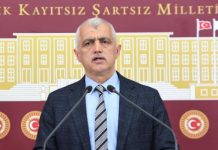
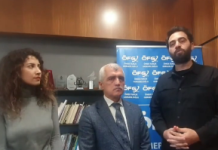
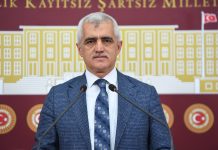
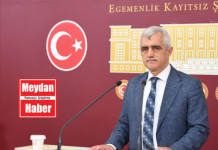
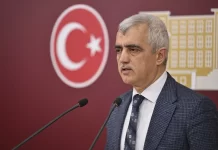
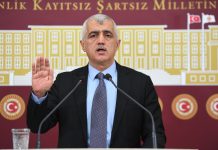
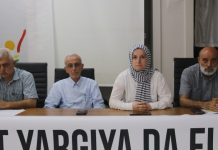
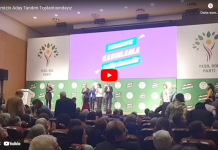
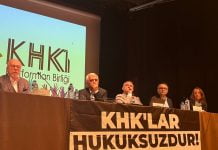
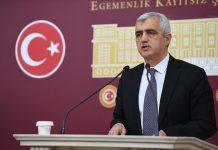
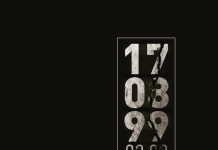
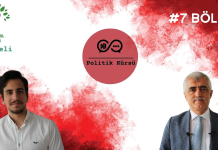

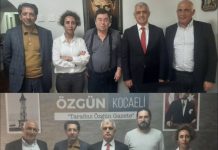
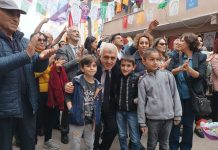

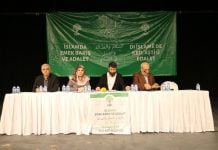

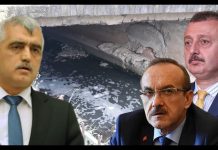
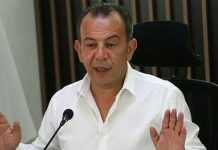



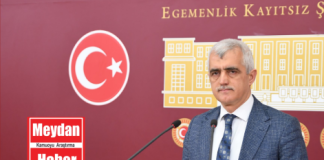
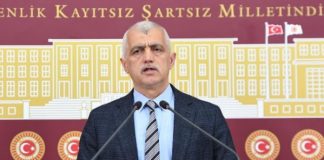
Yorumlar